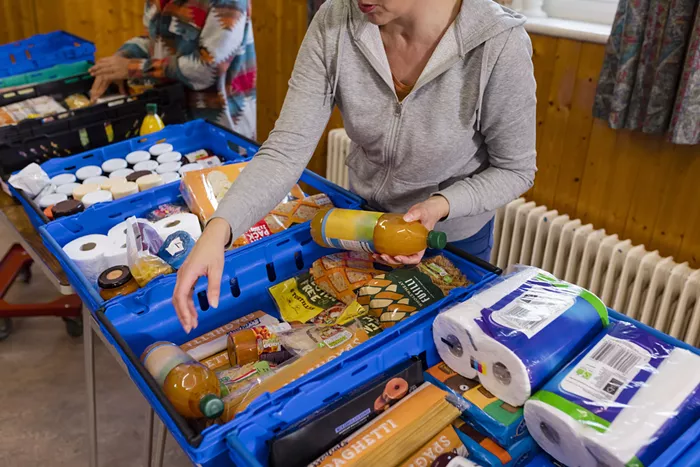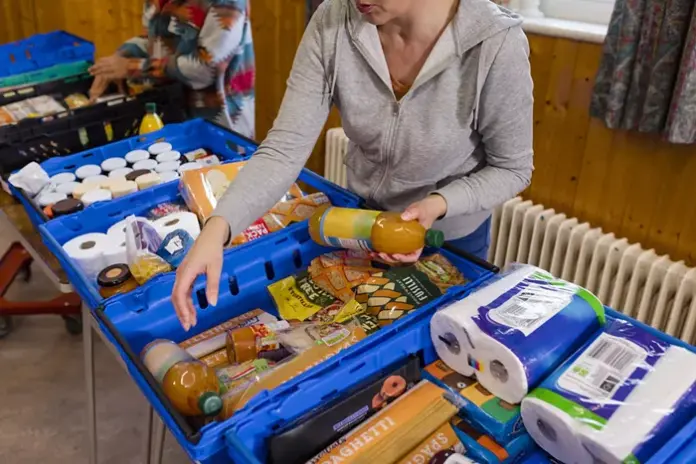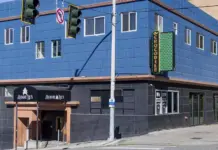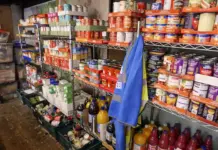This post was originally published on this site

The one in 10 Washington residents who rely on the government’s Supplemental Nutrition Assistance Program, or SNAP, are preparing for the worst. With the now 31-day-long government shutdown still in effect, SNAP benefits will lapse on Nov. 1 for the first time in the program’s history. To stave off some of the pain, Mayor Bruce Harrell proclaimed a limited civil emergency to direct $8 million in funds toward Seattle-area food banks.
Harrell’s limited emergency order will send funding directly to food banks rather than restoring individuals’ SNAP benefits. That means instead of paying for food at reduced prices at any grocery stores, SNAP users will need to line up at a food bank.
“Our city has a strong network of local food banks, and we’re prepared to fill the gap left by the other Washington’s dysfunction with immediate action and $8 million to support our neighbors in need,” Harrell said.
The City chose to fund food banks and meal programs because it’s the most barrier-free route available to get food to Seattleites, says Councilmember Alexis Mercedes Rinck. Cities and states don’t have access to the SNAP infrastructure. The only infrastructure we have on a city-level that compares to SNAP is FreshBucks, but there are only 12,000 people in Seattle enrolled in the program, and it would take much more time to enroll new people into it than to direct them to their local food bank.
The funds come from the city’s reserves, and will be distributed $4 million per month. So, hopefully the shutdown lifts before the new year. If it doesn’t “and the need remains,” Mayoral spokesperson Jamie Housen says the mayor “can extend the order and investment.”
According to federal data, Washington state receives more than $173 million in monthly food benefits. It is unclear how much the Seattle area receives, or how much of a stop-gap Harrell’s emergency funding is.
Earlier this week, Gov. Bob Ferguson announced that he was directing the Department of Social and Health Services to direct $2.2 million a week to the state Department of Agriculture, the agency that delivers grants to food banks. That money will funnel toward food banks rather than individuals as well. Even before the government shutdown pushed SNAP off a cliff, Trump cuts and cancelled food shipments had put Washington food banks in a bad way, according to the Washington State Standard.
With the sweeping loss of federal funds, “we’re at COVID-levels of crisis management,” says Rinck. “So we need to move toward these kinds of emergency proclamations.”
Directing this funding into food banks and meal programs will put stress on their existing infrastructure. But by declaring an emergency, the mayor’s office is also able to redirect City staff and vehicles to provide operational support and make sure food is distributed to people who need it. It’s not yet clear if that’s part of Harrell’s plan.
“We have to have a proactive approach to getting that food out there,” Rinck says.
City Council will hold an emergency vote on Monday to ratify the order. Council President Sara Nelson, and Councilmembers Joy Hollingsworth, Dan Strauss, and Rinck have already made statements in support of the funding. It’s expected to pass.



















